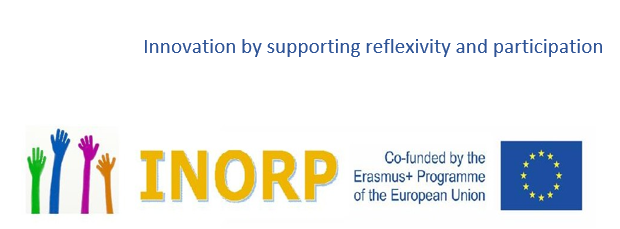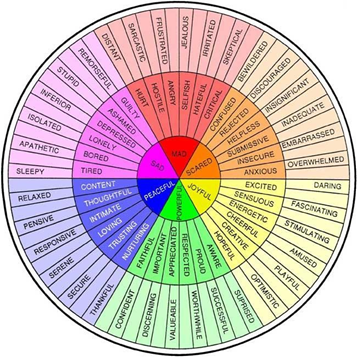Reflexivity and participation in communities PT

3. Level 1: Basic academic level (1st cycle) module
3.6. Lesson 6 (6 hours): Transferring reflective participative learning principles to participative practice contexts
General preparation:
Learning from interactive practice experiences is strongly aided by learning “tools” that support the reflective dimension of “learning from experience”.
| Tools aiding the learning process of students |
- Reflective diaries (the dynamic transfer of non-linear impressions, - “Context sampling” (photography, audio-recording, representative objects etc. can amplify the memorisation of incidents and impressions and provide material for the “re-creation” of practice situations under - “critical incidents” (the re-construction from memory of situations that posed specific challenges and the considerations that were examined as options for intervention, as well as their theoretical and methodological |
|
Tools aiding |
- Life story graphs (templates for the sequential visualisation of significant life events in response to critical context changes; see example below and context in case illustration on INORP output 4, case example Ghent) - Photography, sketching, audio-recording (handing appropriate recording gadgets for autonomous use to service users can collect material under their control. Discussions on the product allow them to attribute their personal - Story boards (specially for children, adults with communication difficulties who find it difficult to verbalise impressions, feelings and views, see |
| Digital tools and access to social media |
Digital communication technology is frequently portrayed as automatically enlarging participation opportunities. This may be true in certain cases but professionals must raise the issue of “access justice and equality”. |
Resources:

Storyboard example:

Emotional colour wheel, from “Voice of the child toolkit”
https://www.socialworkerstoolbox.com/voice-child-20-sheets-gain-childs-wishes-feelings-views/
Knei-Paz, C. a Ribner, D.S. (2000). A narrative perspective on “doing” for multiproblem families. Families in Society, 81(5), 475-483.
Schiettecat, T., Roets, G., Vandenbroeck, M. (2018). Capturing life histories about movements into and out of poverty: A road with pits and bumps. Qualitative Social Work, 17(3), 387−404.
